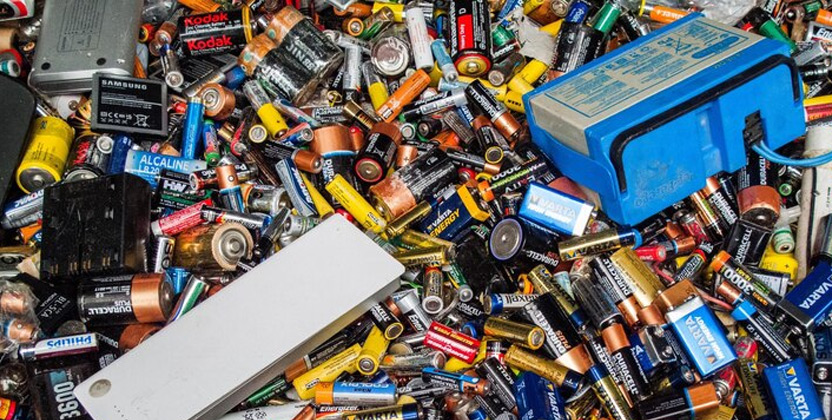-
 +91 8744030690
+91 8744030690 -
 info@aavniconsultancy.com
info@aavniconsultancy.com
Battery Waste

Battery Waste
Battery waste management refers to the proper handling, collection, recycling, and disposal of batteries at the end of their life cycle. It is essential to manage battery waste appropriately to minimize environmental impacts, prevent the release of hazardous materials, and recover valuable resources.
Here are some key aspects of battery waste management:
- Collection: Establishing systems for the collection of used batteries is crucial. This can include dedicated collection points, drop-off locations, or participation in take-back programs provided by battery manufacturers or retailers.
- Segregation: Proper segregation of different types of batteries is necessary to facilitate efficient recycling and disposal. Separating batteries based on chemistry (e.g., alkaline, lead-acid, lithium-ion) ensures that they are treated appropriately.
- Recycling: Recycling is a key component of battery waste management. Recycling facilities extract valuable materials from batteries, such as metals (e.g., lead, lithium, cobalt) and electrolytes, which can be used in the production of new batteries or other products.
- Hazardous Material Handling: Batteries contain potentially hazardous materials, such as heavy metals and corrosive substances. Proper handling and treatment are essential to prevent the release of these materials into the environment and minimize risks to human health.
- Regulatory Compliance: Compliance with relevant regulations and guidelines is crucial for battery waste management. Different jurisdictions may have specific requirements for the collection, recycling, and disposal of batteries. It is important to adhere to these regulations to ensure responsible management.
- Public Awareness and Education: Raising awareness among the public about the importance of proper battery waste management is crucial. Educating individuals about the potential environmental and health impacts of improper disposal and the availability of recycling options encourages responsible behavior.
Battery waste management is a shared responsibility among battery manufacturers, consumers, waste management facilities, and regulatory bodies. By implementing effective battery waste management practices, we can reduce the environmental footprint of batteries, conserve resources, and promote a more sustainable approach to energy storage.

